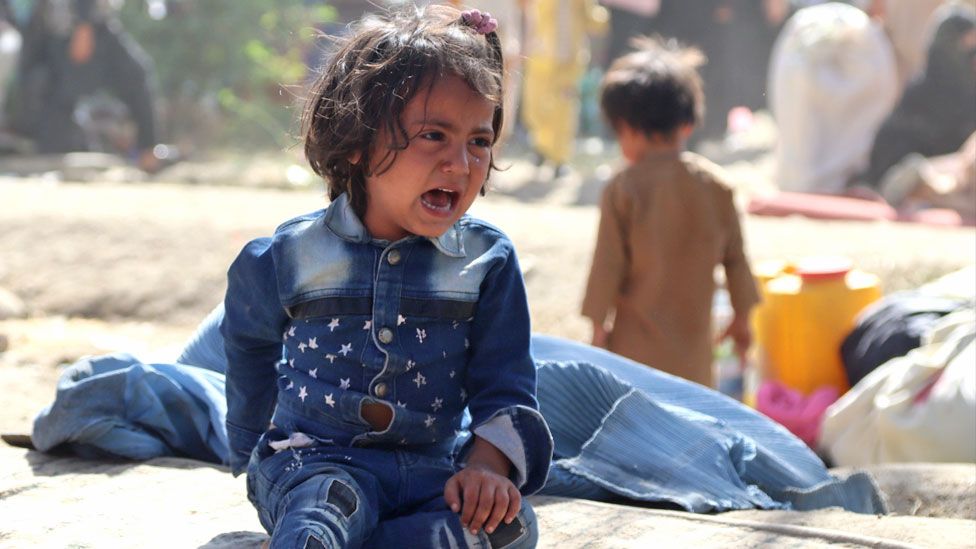
The United Nations High Commissioner for Refugees (UNHCR) said Afghanistan’s neighbour must accept refugees because the country’s security situation remains precarious and tens of thousands of Afghans are attempting to flee the Taliban. “At this point, our main concern is that Afghans seeking safety are able to find it, including by crossing borders and entering neighbouring countries if necessary. According to Sputnik, UNHCR regional spokesperson for Asia and the Pacific Catherine Stubberfield said, “UNHCR is calling on countries bordering Afghanistan to keep their borders open in light of the intensifying crisis in Afghanistan.”
According to Stubberfield, the international community must be prepared to increase support for Afghanistan and its neighbours in the event of a large influx of Afghan refugees. Her remarks come as several countries, including India, the United States, and the United Kingdom, have assisted in the evacuation of Afghans. According to the United Nations, 3.5 million people have been internally displaced in Afghanistan, with over 550,000 displaced since January.
“While UNHCR welcomes the expressions of solidarity made by several countries to either evacuate or resettle Afghans in need of protection, these efforts are unfortunately only able to benefit a tiny proportion of the millions of Afghans already displaced and in need across the country,” the spokeswoman said.
According to Sputnik, such initiatives should not prevent Afghan asylum seekers from travelling directly to other countries or replace critical aid within Afghanistan.
Meanwhile, on Tuesday, the United Nations Human Rights Council will hold a special session on Afghanistan to address the “serious human rights concerns” that have arisen since the Taliban took power. The meeting is being held in response to an official request from Pakistan, the Organization of Islamic Cooperation’s coordinator, and Afghanistan. The joint submission has so far received support from 89 countries, according to the UN’s top rights body.
When President Ashraf Ghani fled, the Taliban seized Afghanistan’s major cities with lightning speed and walked into Kabul on August 15. Since then, tens of thousands of Afghans have attempted to flee the country to avoid the Taliban’s hardline Islamist rule, fearing retaliation for siding with the US-backed government that ruled for the previous two decades.







